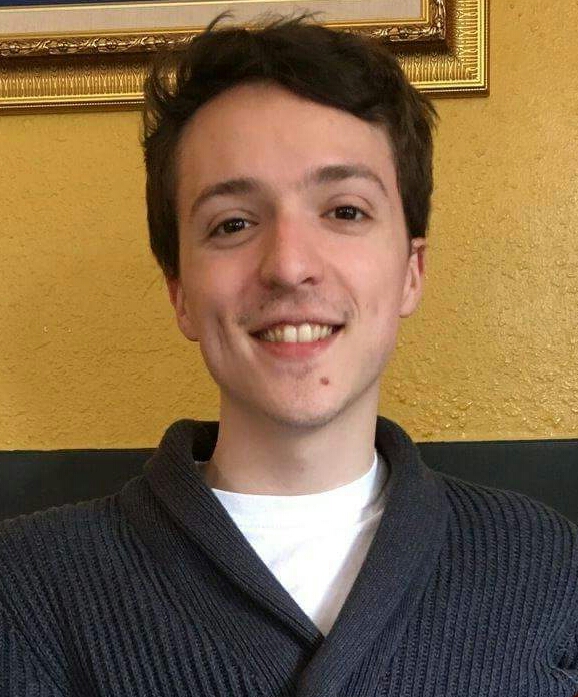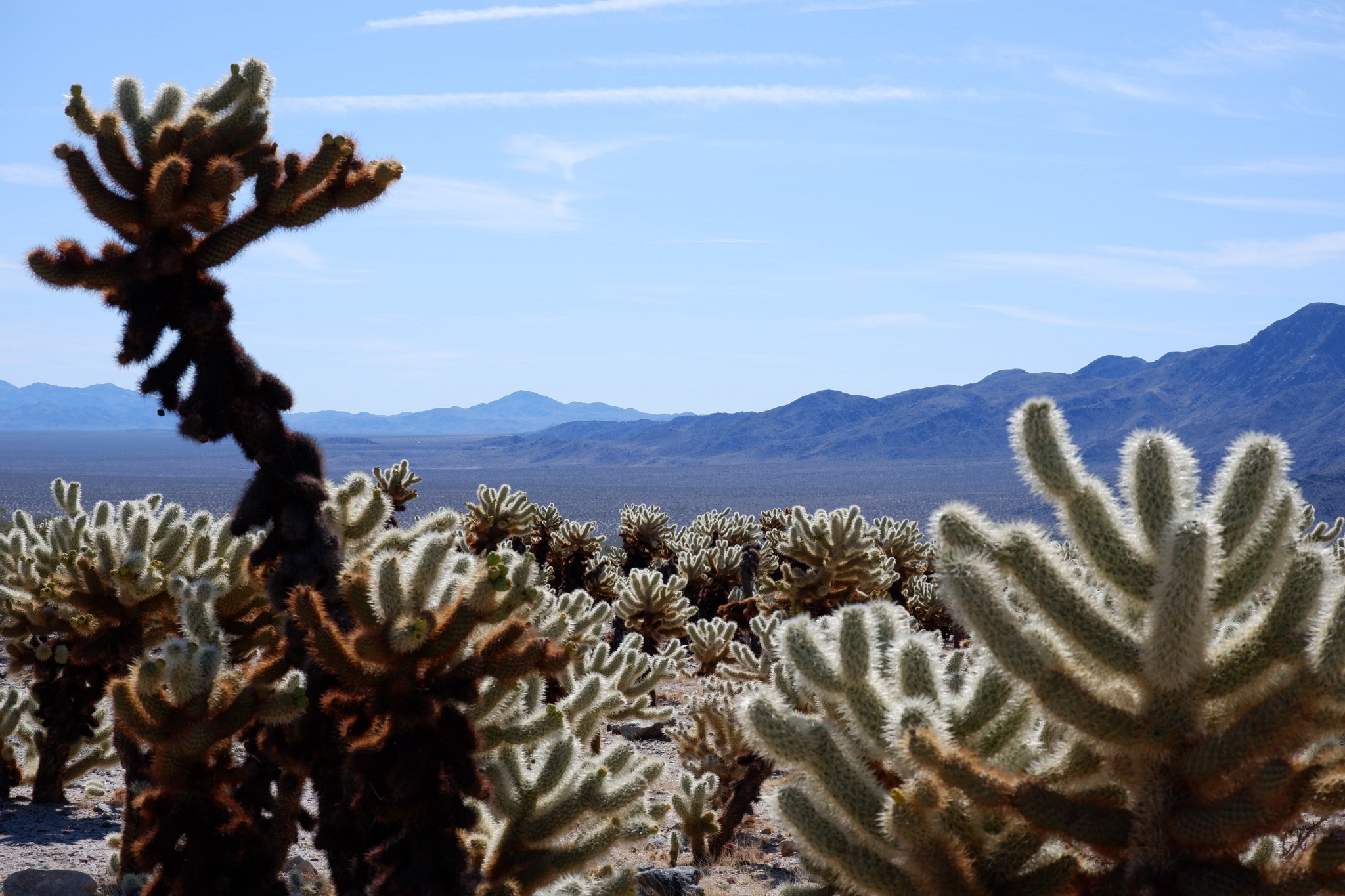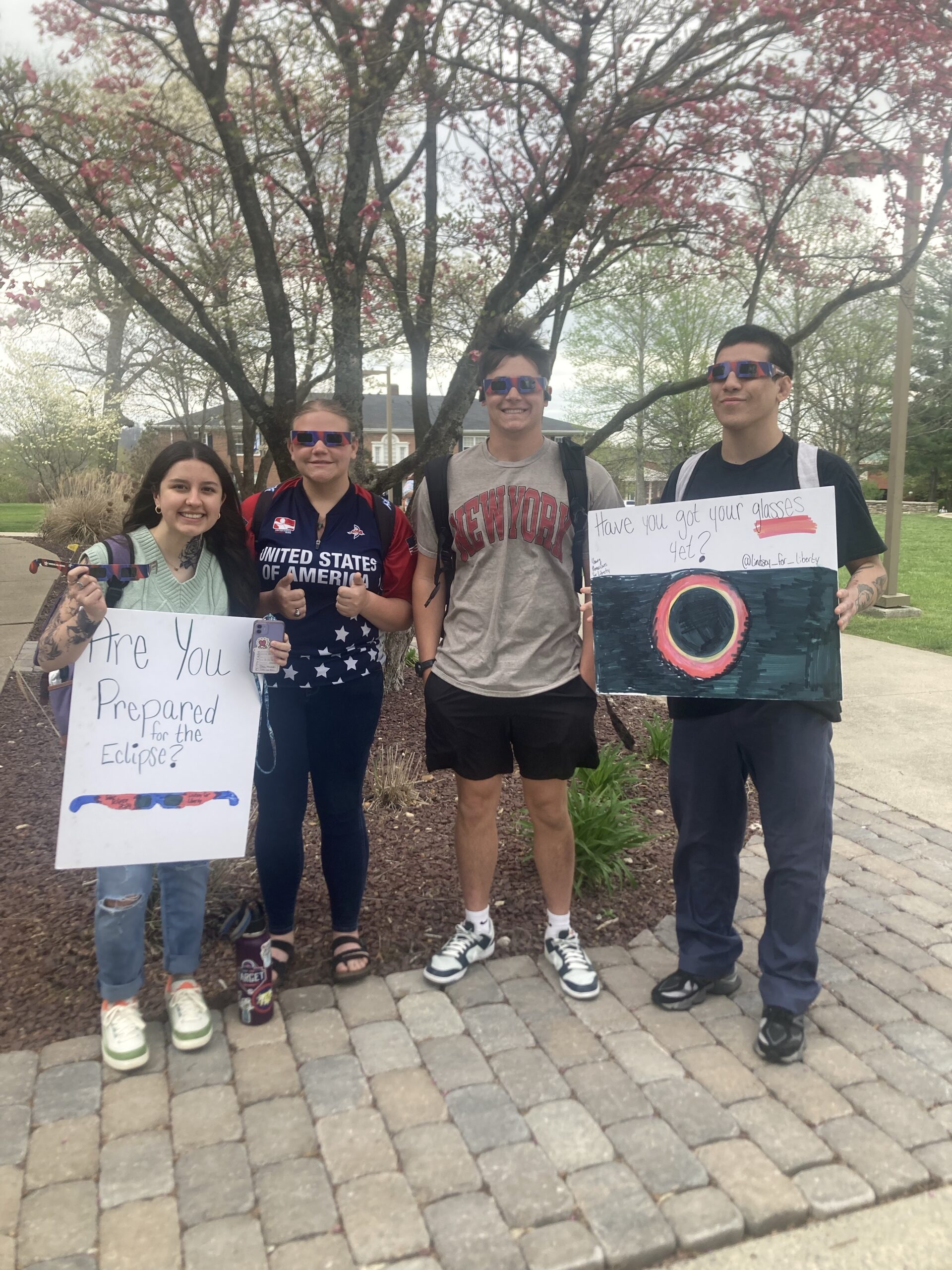During the 2016-17 school year, two op-eds published by collegians in support of free market environmentalism gained well-deserved attention.
The first was written by Paola Vargas, a senior at the University of Louisiana, Lafayette in support of hydraulic fracturing, or fracking. Paola’s letter to the editor was published in the Vermilion, the premier student newspaper for ULL. Here is a great excerpt from this excellent piece:
“Many claim renewables are having a reduced impact on ecosystems when compared to other sources. However, solar and wind power require 14 more acres of land than fracking does to create the electricity needed for 1,000 families on average. That’s a lot of land that is used by birds, amphibians, fish and reptiles that renewables are taking up.”
You can read Paola’s full LTE here.
The second LTE was penned by Parker Wells, a student at Linfield College in McMinnville, Oregon. Parker’s letter in The Linfield Review focused on supporting GMOs as an option for the world’s hungry. Here is our favorite excerpt:
“A notable example of these GM crops is “golden rice,” which is bred to contain more vitamin-A. 500,000 children go blind every year around the world due to Vitamin-A deficiency (VAD), and half die within 12 months of losing sight due to the immune system shutting down. Golden rice, and other GM technology, is a huge step forward in rescuing the world’s hungry population from the effects of starvation and malnutrition.
In June of 2016, 107 Nobel laureates wrote a letter reproaching the environmental group Greenpeace for opposing GM crops and foods.”
You can read Parker’s full LTE here.
These op-eds are just a glimpse of the full impact CFACT students are having on their student bodies everyday. Kudos to Paola and Parker for sticking their necks out and fighting for the truth!
The op-eds were part of CFACT’s FRACK U and Stop Playing Games with Hunger campaigns, which aim to educate students on the facts and safety of fracking and GMOs.





